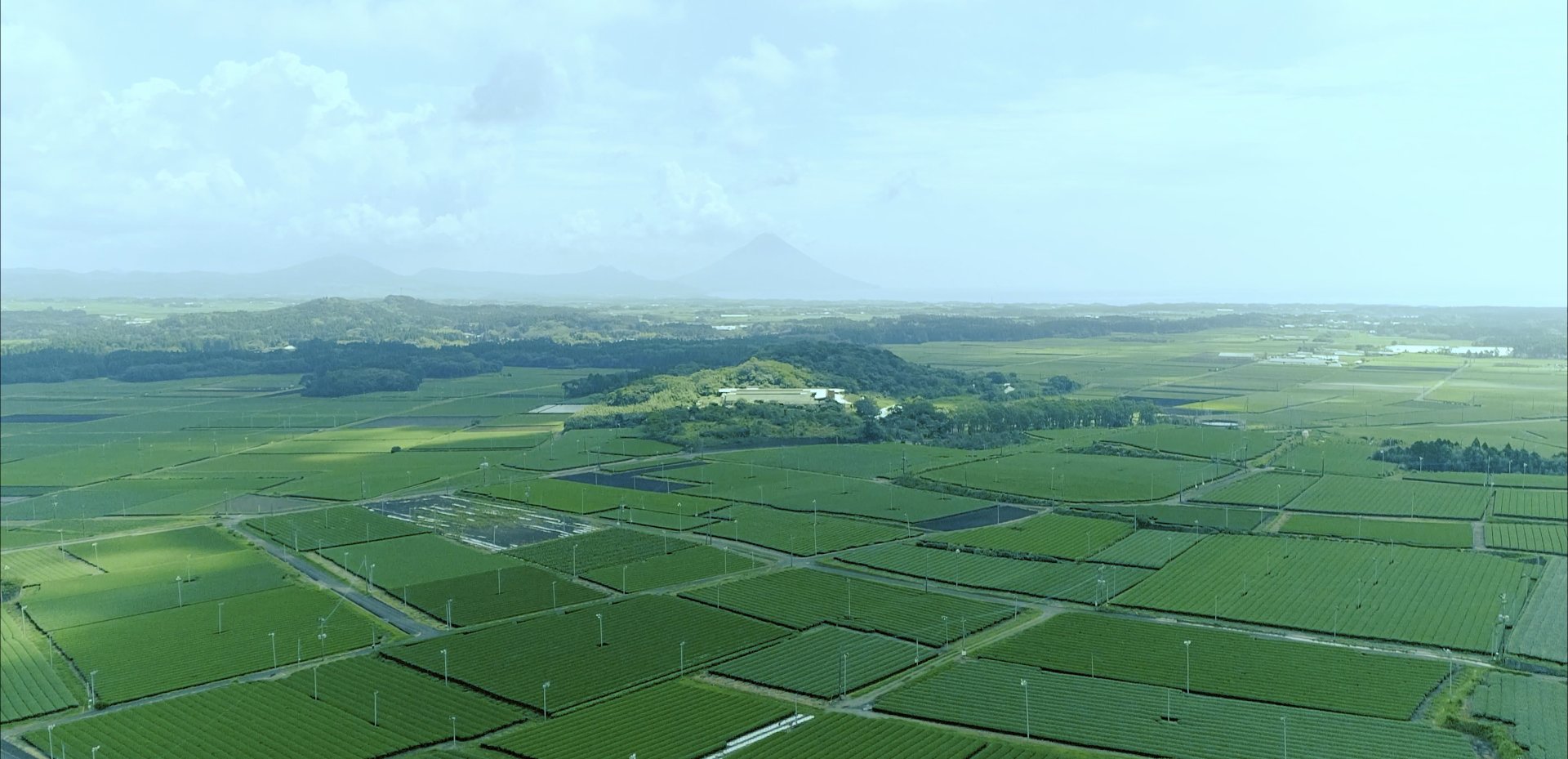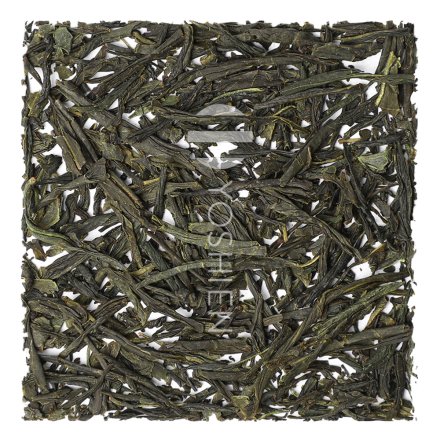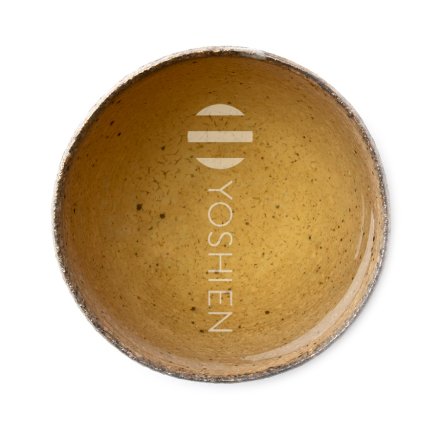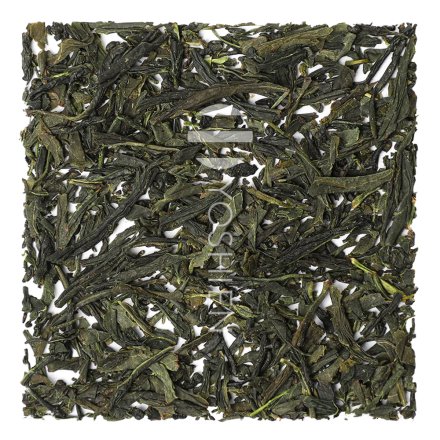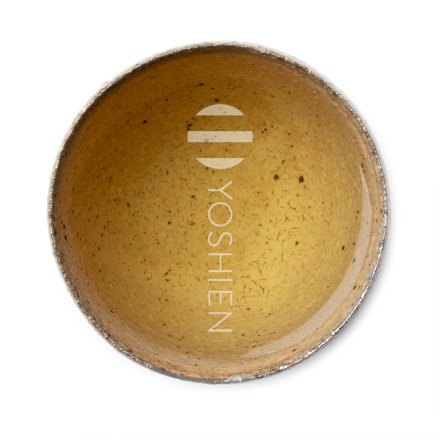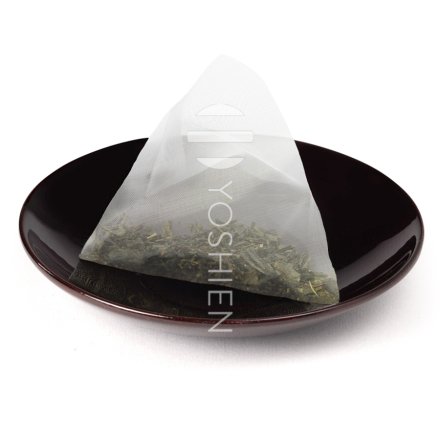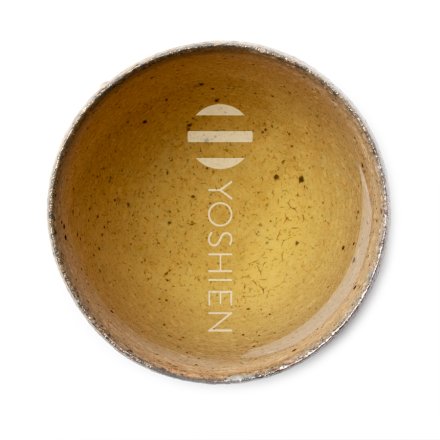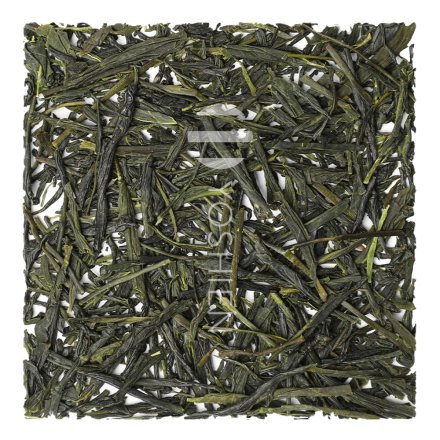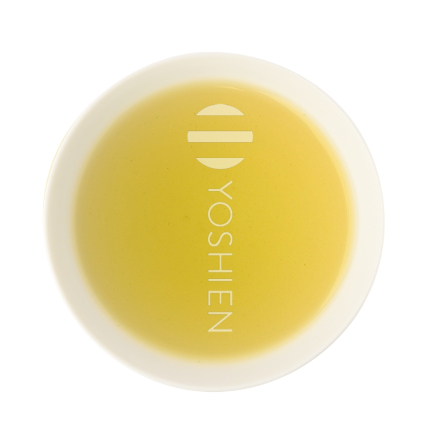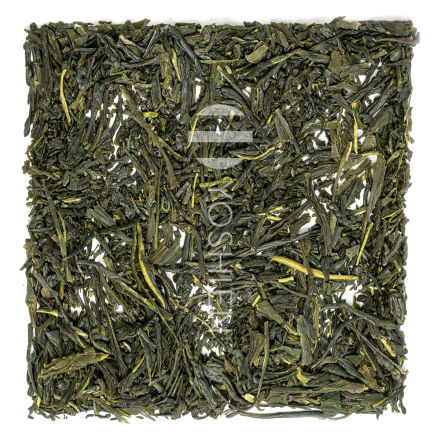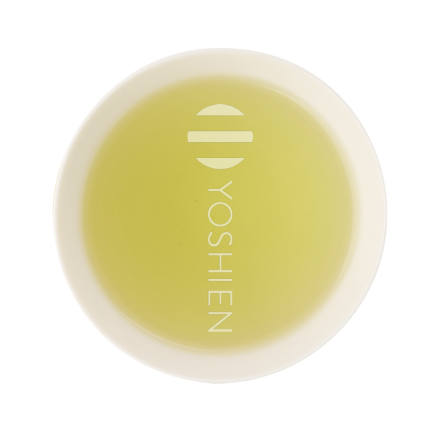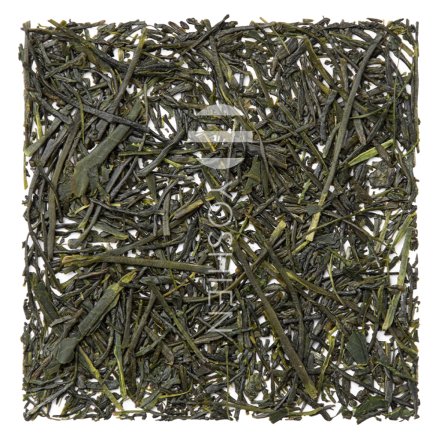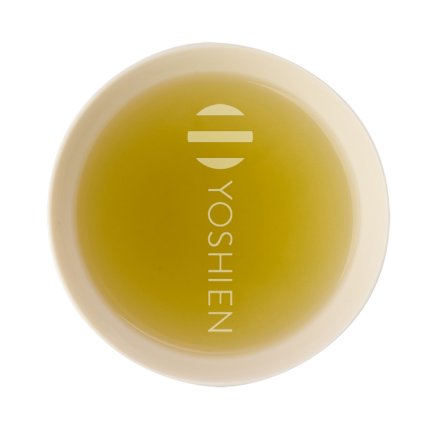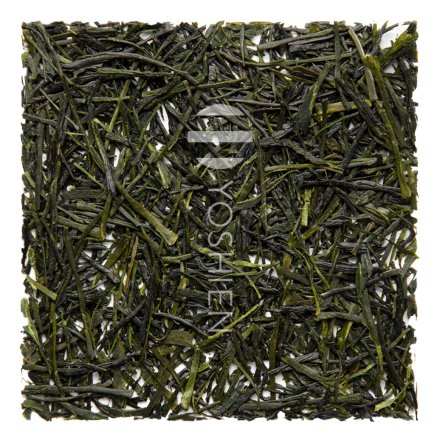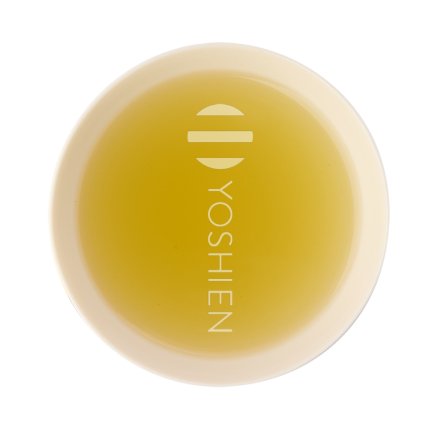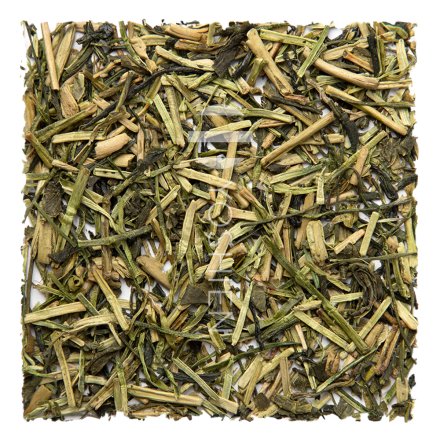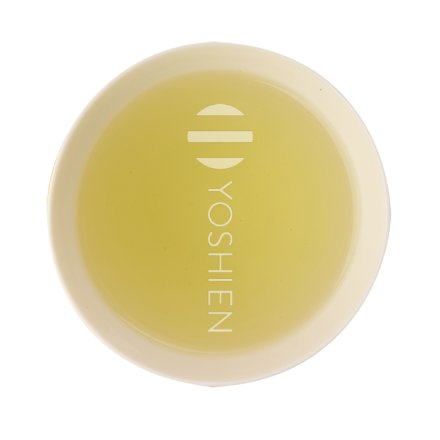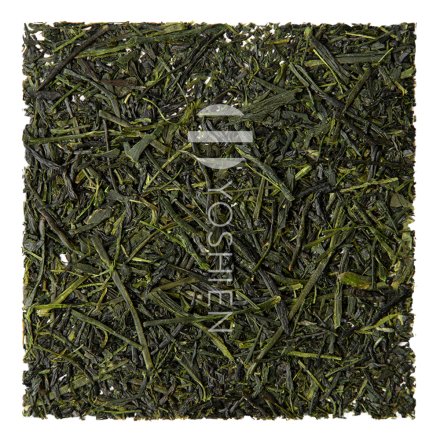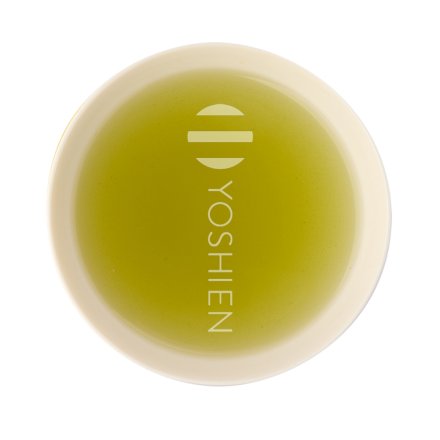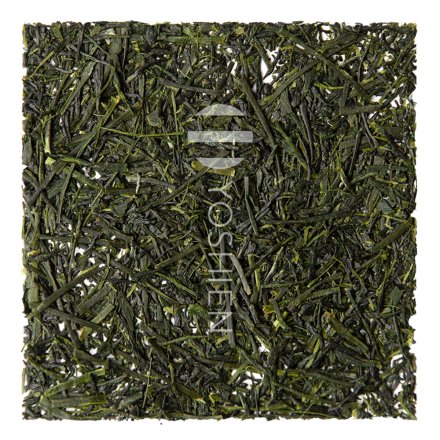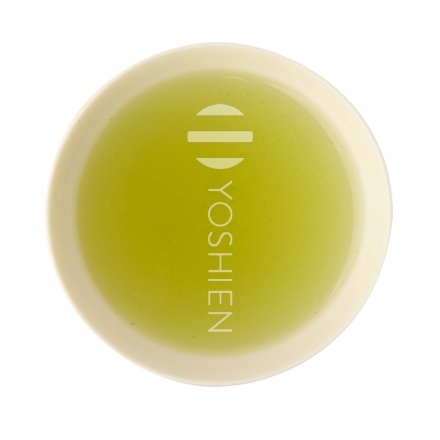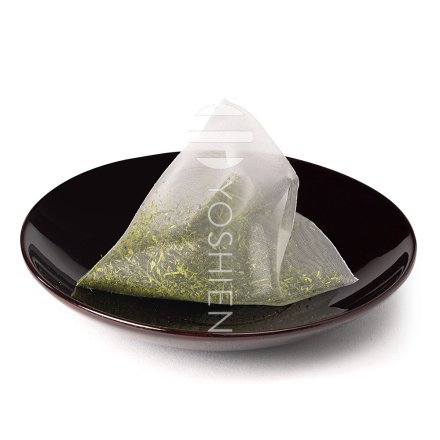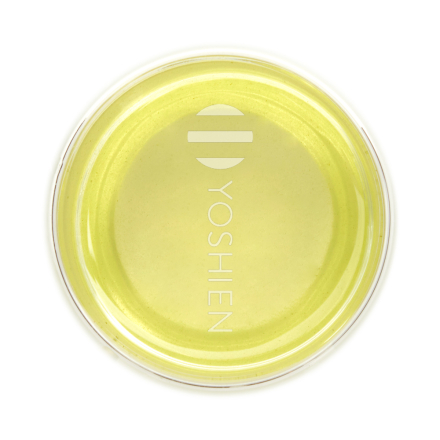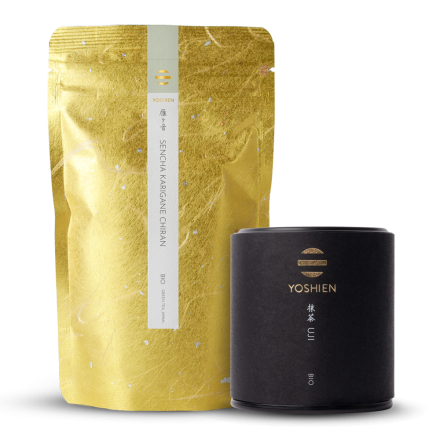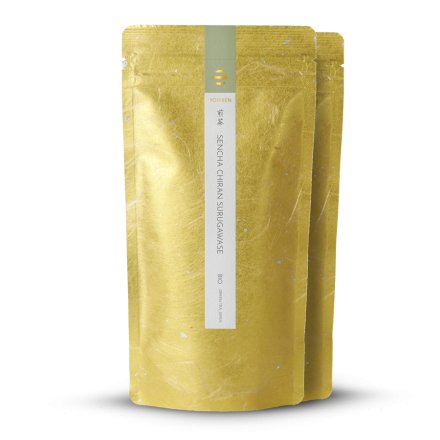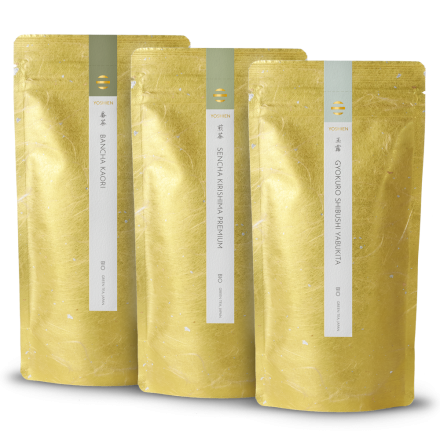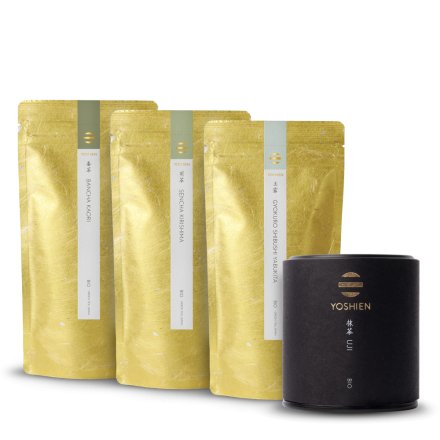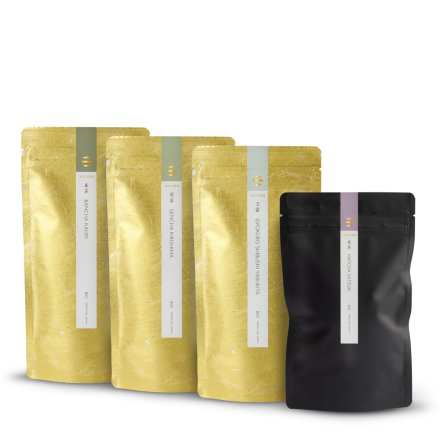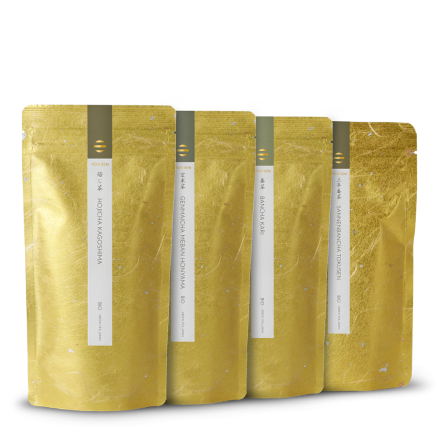NURUKI SEICHA
STRONG AND SPICY ORGANIC SENCHA FROM A VOLCANIC TERROIR IN CHIRAN
| Tea Farm: |
Nuruki Seicha |
|---|---|
| Terroir: |
Chiran, Kagoshima, Japan |
| Elevation: |
160m above sea level |
| Organic Cert: |
EU certified organic & JAS organic since 1998 |
| Focus: |
Powerfully spicy organic sencha |
For more than 20 years, the Nuruki family has been cultivating green tea according to organic and holistic farming methods and has become one of our most appreciated organic farms in all of Japan. Nuruki Seicha's fields are located in the shadow of Kaimon Mountain (開聞岳) in southern Chiran (Kagoshima prefecture), not far from Sakurajima volcano, and offer a unique, very fertile terroir for the cultivation of high-quality green tea. In addition to using noble, very rare southern cultivars (Yutakamidori, Asatsuyu, Saemidori, Asanoka), Mr. Nuruki relies in particular on the Yabukita cultivar, which presents itself in the teas as particularly strong, full-bodied and aromatic. Mr Nuruki is an expert in the special "Tsuyomushi" steaming method, which combines slightly higher temperatures with a slightly shorter steaming time. This results in a unique flavour profile in his Sencha, which emphasises the elegant bitterness of the sun-drenched teas, especially that of Yabukita, and at the same time harmoniously integrates it. It is this combination of unique terroir and grown expertise that gives rise to the powerful, spicy and highly nutritious organic sencha for which Nuruki Seicha has become known far beyond the borders of Chiran.
THE CHIRAN TEA REGION
The Nuruki family farm is located in Chiran, a region in the southwest of Kagoshima. Kagoshima itself is the most south-westerly prefecture on the Japanese southern island of Kyushu and is characterised by a warm, humid, subtropical climate. Especially at high altitudes, this is advantageous for tea cultivars with a strong character, as the temperature differences between day and night create a stimulating climate there, as well as high fog due to the humidity. Chiran (知覧) is considered one of the most popular terroirs in Kagoshima. This is due in particular to the particularly mineral-rich soils, which are additionally enriched with nutrients by the ash of the nearby active Sakurajima volcano. The ash is so intense that the tea leaves have to be washed thoroughly after harvesting before they can be processed further.
SPICY, CATECHIN-RICH SENCHA
The extremely strong sunlight also favours the formation of the so valuable catechins in the tea plants, making the teas particularly stimulating and vitalising. Compared to the rest of Kagoshima, the average temperature in Chiran is approximately 2°C lower. As a result, the tea plants grow a little slower, are harvested a little later and thus have more time to form important plant and aroma substances. Together with the sea breeze from the nearby South China Sea, these conditions give Chiran tea a characteristic, spicy aroma, with a slight astringency and great strength. Chiran is famous for its senchas and especially the deeply steamed Fukamushi senchas, which bring out the full body of these teas, find excellent production conditions here.
THE ORGANIC PIONEERS IN CHIRAN
Yuichiro Nuruki is the third generation of his family to run the farm, but the conversion to organic cultivation was a great challenge, especially in the beginning. At the end of the 1990s, Chiran was still completely dominated by conventional farming, the family had no experience whatsoever to fall back on and was ridiculed for its exotic plan to do completely without pesticides. Mr. Nuruki's father, however, was not discouraged and today the Nuruki Tea Factory proudly boasts of its enormously powerful, spicy and nutrient-rich top organic teas.
HOMEMADE BOKASHI FERTILISER
For committed organic farmers like Mr. Nuruki, a rich and nutrient-rich soil is the key element to producing strong and healthy plants. This not only enables the production of particularly aromatic teas, but also increases the plants' resistance to diseases and pests. To optimise Chiran's rich soils for organic cultivation, the Nuruki Tea Factory makes its own fermented manure, called bokashi, and places special emphasis on loose soil full of microorganisms and oxygen. The process was developed in Korea in the 1920s and is a central pillar of Korean Natural Farming (KNF), a holistic farming concept that is now practised in many parts of the world, always adapted to local conditions. To ensure that no chemical fertilisers and pesticides are introduced beyond the fields by drift from the environment, the tea fields are protected by anti-drift hedges, which act as a kind of natural barrier against wind intrusion.
ALL-NATURAL INSECT PROTECTION
Despite the extremely vigorous plants, insect infestation is still one of the biggest challenges for every organic farmer – more than that, the nutrient-rich plants also have a particularly attractive effect on pests. Especially in the early days, cultivation was marked by numerous failures and even the loss of entire harvests several times. But every setback also meant more experience in dealing with the plants. After years of consistent avoidance of pesticides, the biotope has stabilised, with natural predators of pests nesting in the tea fields and forming a living shield against pesticides in the sense of holistic cultivation. Nevertheless, especially in summer, cultivation involves enormous effort around each individual plant, for example when weeds have to be removed by hand or special nozzles are used to blow insects and pests off the plants using only water and air pressure.
STRONG YABUKITA AND NOBLE SOUTHERN CULTIVARS
In addition to the use of rare southern cultivars (Yutakamidori, Asatsuyu, Saemidori, Asanoka), the Yabukita cultivar, which is particularly strong, full-bodied and aromatic, enjoys an excellent reputation with Nuruki Seicha. Yabukita is by far the most cultivated variety in all of Japan, so the incentive for Mr. Nuruki to demonstrate the unique cultivation and production methods as well as Nuruki Seicha's decades of experience with this cultivar, which is intimately familiar to every tea lover, was all the greater. Today, Mr. Nuruki is particularly proud that the typical Nuruki Seicha flavour comes to its fullest in the Yabukita Cultivar. To balance the particularly intense sunlight in Chiran, the sencha teas are shaded for 5–7 days before harvest using the Jikagise method, which binds the powerful catechins with a sweet, full umami note with a deep green cup.
MASTER OF "TSUYOMUSHI"
Mr. Nuruki also brings special skill to the production process. He is considered an expert in the special "Tsuyomushi" steaming, a variation of the deep Fukamushi steaming popular in Chiran, for which slightly higher temperatures are combined with a slightly shorter steaming. This results in a flavour profile between Chuumushi (normal steaming) and Fukamushi, which emphasises and at the same time harmoniously integrates the elegant noble bitterness of these sun-drenched teas. For our farmer and his team, this clear, strong, full-bodied aroma is the absolute epitome of tea enjoyment. To achieve this, a lot of experience is necessary, as each cultivar and even each harvest behaves differently. Before and during the process, Mr Nuruki is constantly present, checking and correcting to find the optimal parameters for each batch. In the production of the teas, our farmer is particularly proud of his excellently maintained machines, which have been used by the family for tea production for decades. Instead of plastic, bamboo is used in the production process, so the teas only come into contact with natural materials during the sensitive processes of steaming and rolling.
ORGANIC QUALITY AT AN ACCESSIBLE PRICE
In all aspects, the pride and ambition of Nuruki Tea Garden to produce the most aromatic teas in Japan is clearly evident. Decades of experience and an unswerving determination to produce absolutely pure organic teas without compromising on taste have paid off, producing excellent organic teas at an unbeatable price.
NURUKI TEAS
SENCHA



